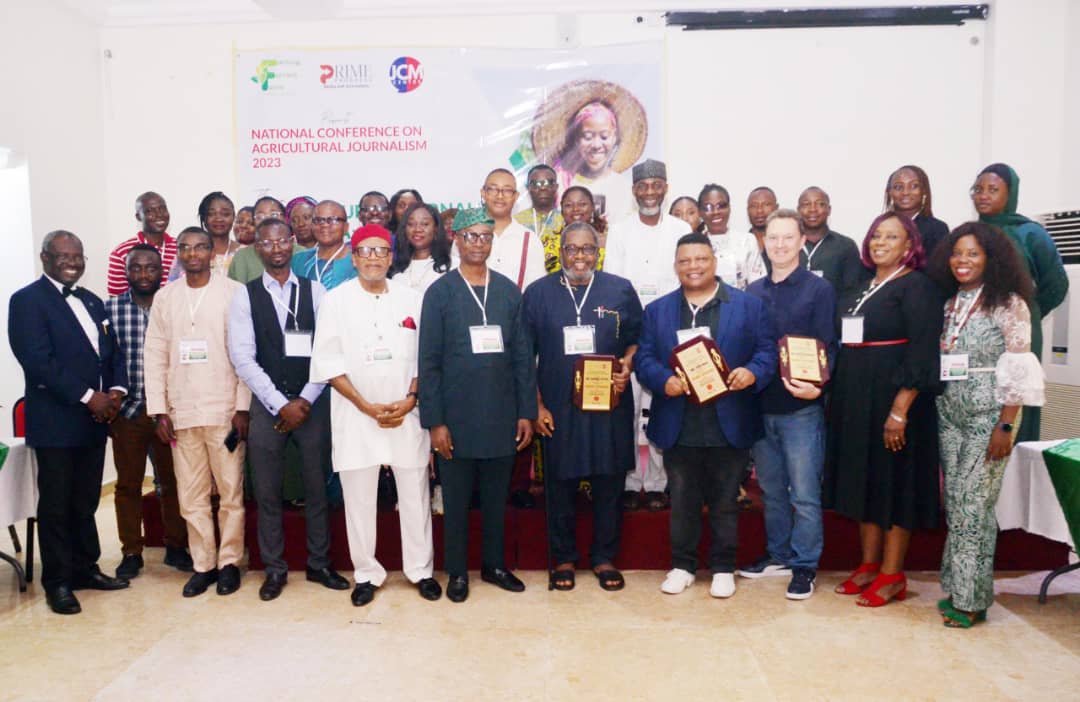Towards A Maritime Labour Policy Reform

When Saddam Hussein invaded Kuwait on August 2, 1990, the United States responded just days later with a military sealift, the success of which is unparalleled. In just 45 days the United States moved to Saudi Arabia the equivalent of a city the size of Alexandria, Virginia – lock, stock, and barrel! Hussein’s threat was met by a vast armada of American commercial ships crewed by thousands of young, well-trained Americans, on the world fastest, most modern ships. The American merchant marine threaded its way through the dangers of naval mines laid off Saudi shores. The military was able to call on the services of this private fleet at only a moment’s notice and paid no more than market rates. This success story was made possible by a far-sighted competitive merchant marine policy set in place years ago by the United States Congress. And with the exception of the first two sentences, this scenario is a myth.
In Nigeria, all too often marine policy consideration dwells on the well-being of the owners and managers of vessels and ancillary services. Forgotten are those who work the vessel, the wharfingers, stevedores and most critically crewmen. The National Shipping Policy loudly proclaims the need for self sustenance for manning ships. Everybody desires a piece of the cake in the lucrative business of carrying wet Cargo, namely Crude Oil. It is too well known to bear repetition that crude oil movement is firmly in the hands of foreigners who are prepared to go to any length to maintain the status quo. If government were to beg to implement the 50/50 cargo allocation formula vigorously, pray, to what Nigerian company can the task be assigned? Answer – none. It is true that the Maritime Academy has begun to make an impact but Labor Policy still falls far short of the required manning levels three strategic decisions are required:-
(a)To continue the task of supporting the capacity of the Academy
(b) To begin an effective policy to train Senior people (Master Mariners) to man all ship classification including Supertanker.
(c) To begin an effective and sustained program to turn out crewmen (Seafarers) to fulfill the needs thrown up by a policy of rapid fleet expansion. The underlying policy is to develop an aggressive program to turn out a Senior and Junior labor forum to man our National tonnage.
Capacity and Institutional Development.
Maritime business goes beyond ship building and acquisition. A single vessel requires different services to keep it afloat and out of arrest – up dated and current laws, and necessarily a crop of Maritime Lawyers, a viable marine insurance community complete with protection and indemnity clubs, and defence and hull underwriters, an enabling education and information environment etc. The question that falls for consideration is whether in any discussion of policy, the Agency is or ought to be foisted with the task of developing all sectors of the Maritime Industry. This is an extremely important matter whose answer will likely affect the pace of development. As far as is known there is no articulation of policy about the role of the NIMASA in relation to development issues. So we ask, is the NIMASA a Service provider, a regulator or a developer of institutions. The extant regulation does not provide clear answers.
The writer takes the view that the NIMASA will be careful as to how it conducts its affairs. We come down on the side of those who favor the NIMASA as a regulator and developer and service provider. The maritime industry is still too fragile to carry on without institutional support but also needs private sector involvement to generate development. In summary we think that the National Maritime Administration and Safety Agency (NIMASA) ought to keep in mind that it is primarily a regulator but will require for some time to actively develop in collaboration with private sector participation, a plethora of services that adds capacity to the industry. It must be noted that it is one of the unstated policies of the NIMASA to encourage private sector initiatives in the development of initiatives and projects. A good example will be the current collaboration between NIMASA and (Indigenous Ship Owners Association of Nigeria) ISAN. NIMASA will probably need to facilitate under the aegis of the Marine offices committee of the Nigeria Insurance Association, a protection and Indemnity.
For these reasons, it is clear that the general provision in S.22 of the NIMASA Act cannot be stretched so far as to encourage activities that detract from the very essence of the functions of the Agency.
It is our opinion that purchasing a vessel and setting up a shipping company does not constitute an activity that “may be necessary” to achieve the realization of the Act. Indeed in several ways, such activities will detract from the aims and objectives stated above and even jeopardies the role and function of the Agency. The Agency will certainly be failing in its role to protect indigenous shipping companies by using government funds which are meant to develop such shipping companies to acquire and run vessels of its own.
It may be argued that in view of the many failures to establish successful shipping companies, NIMASA under the objective of encouraging increase in the ownership of ships may decide to provide the funds to set up a shipping company. If it does this and no more, then it can be argued that this is in line with its role under Sections 22 & 23 of the NIMASA Act. But if it takes a step further and descends into the arena of commercial enterprise by operating the vessel, its actions will be beyond the scope of its statutory functions.
It is the writer’s opinion therefore, that while NIMASA may not necessarily be acting outside the ambit of the powers granted to it under the Act by establishing a shipping company, it will be acting outside its powers if it purchases and runs a vessel as a commercial enterprise with government funds. Such funds should properly be directed to the promotion of indigenous shipping companies and the Nigerian National Shipping Lines as the case may be.
So far, nothing has been heard about the Report submitted by the Committee set-up by this administration on Maritime Sector Reforms since 2012. In any event, the terms of reference of this committee borders on (1) Safety and Security, (2) Local Content & Cabotage (3) Ports & Customs and (4) Revenue Enhancement. Not surprising, an integral part of maritime development – marine labour, is left out.
A good Maritime Policy should take into consideration the following:
- Proper training, capacity building and remuneration of marine labour.
- Liberalization and competition on global sea-borne trade.
- Regulatory fairness in the carriage of goods without undue burden on carriers.
- Compliance with international safety regulations in the management of ships.
- Development of practices that are environmentally, socially and economically sustainable.
- Coordination of government agencies in the maritime industry.
- Development of ship building and owning capacity.
- Development of shipping services.
- Development of indigenous liner conference.
- Development of coastal and inland waterways, etc
Olushola Abiloye is a Legal Practitioner with Olisa Abgakoba & Associates







